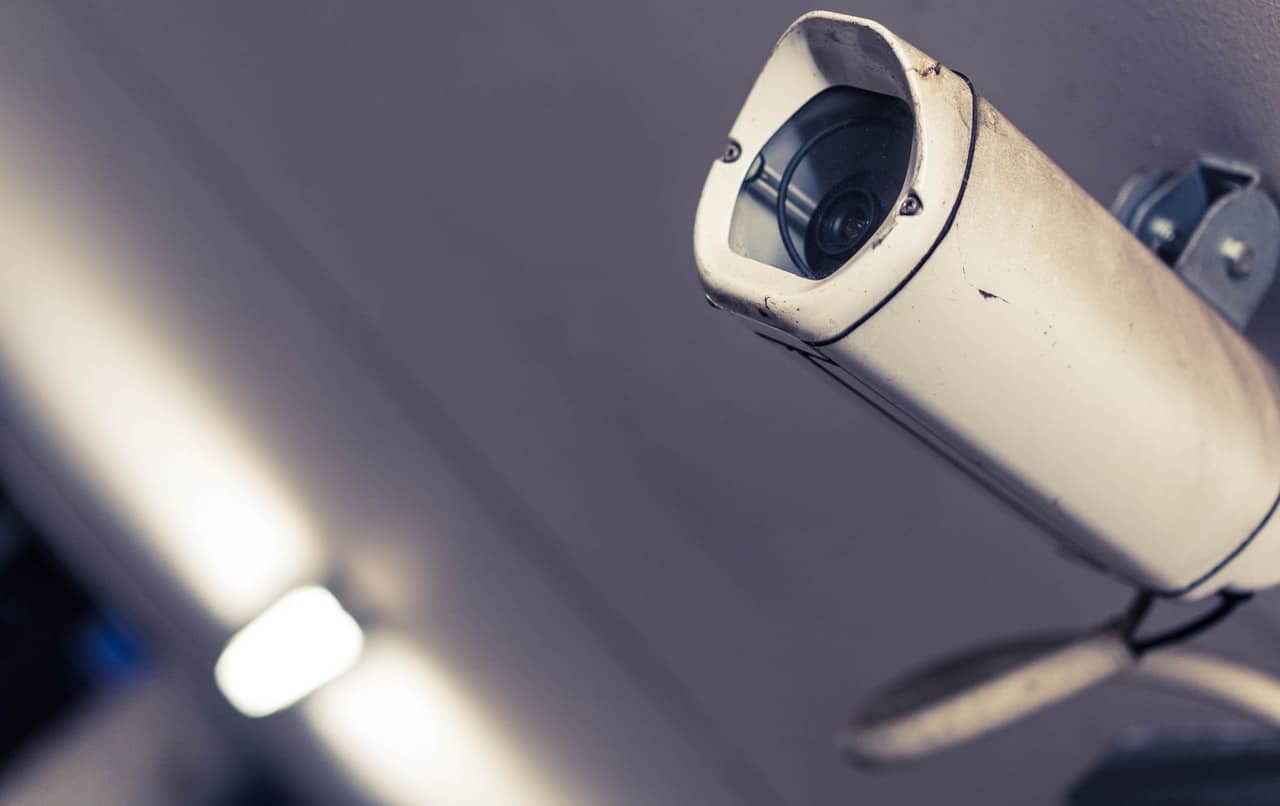Thanks to the fact that hidden camera technology is becoming cheaper and more affordable all the time, more and more employers are turning to surveillance to keep an eye on both customers and employees at work. All of this demands a very important question: Are hidden cameras actually legal in the workplace to begin with? Do I not have the right to do my job worry free without the stress of wondering whether I’m constantly being monitored?
These are essential questions, yes – but they’re ones that don’t necessarily carry with them the easy answers that you may have been hoping for. The legalities of hidden cameras in the workplace absolutely require you to keep a few key things in mind.
IMAGE: PEXELS
Hidden Cameras At Work – What You Need To Know
First thing’s first: If you’re an employee who happens to discover that your boss has been spying on you and your colleagues via a hidden camera, you may not have the airtight legal case that you think you do. In the vast majority of states, cameras and similar types of surveillance equipment are absolutely legal at work – provided that they’re there for a legitimate business concern, that is.
Legitimate business reasons for installing hidden cameras may be a part of a larger attempt to curb either internal or external theft, for example. It’s also very easy to make the argument that a camera installed in a place like a retail store, a bank, a grocery store or a similar type of environment is there for a reason that is considered “on the level.”
The location of these cameras will play a big role in whether or not they’re legal, and cameras installed in places like retail sales floors, specific sales isles in a grocery store or even near a bank counter are totally legitimate. According to the law, employees should never have a reasonable expectation of privacy in these types of environments, to begin with – meaning that the cameras themselves are often protected by law.
However, there are a number of important considerations about all of this that help shed light on the specific situation that you find yourself in. [pullquote]There are certainly legal limits on where cameras can and cannot be placed.[/pullquote] If you find a hidden camera in the restroom at work, for example, that is a totally different situation that is not protected by law in any state. Likewise, an employer has a duty to notify all employees that hidden camera surveillance is taking place. However, this doesn’t necessarily mean that you’ll get this notification in the form of a conversation or even a memo.
Read the employee handbook that you were given when you started work very carefully – there just may be a section about hidden camera surveillance and where it will or will not be used in the workplace. If such a section is present, this absolutely counts as proper notification.
But even if you were not properly notified, this doesn’t necessarily mean that you have a slam-dunk privacy case on your hands. At most, your employer will probably be penalized for a failure to notify employees that the cameras were there – they likely will not get in trouble due to the presence of the cameras themselves. This is an important distinction, and you need to be able to tell the difference between the two situations.
All of this serves as an important lesson about privacy in the modern era, or a lack thereof. If the employer that you currently work for is concerned about theft (especially theft from his or her own employees), you can probably bet that there is a hidden camera installed somewhere on or around the property that you spend so much of your time in each day. This is especially true if you work in a public place like a retail establishment, where no real reasonable expectation of privacy exists in the workplace.
If you are interested in even more work-related articles and information from us here at Bit Rebels then we have a lot to choose from.


COMMENTS